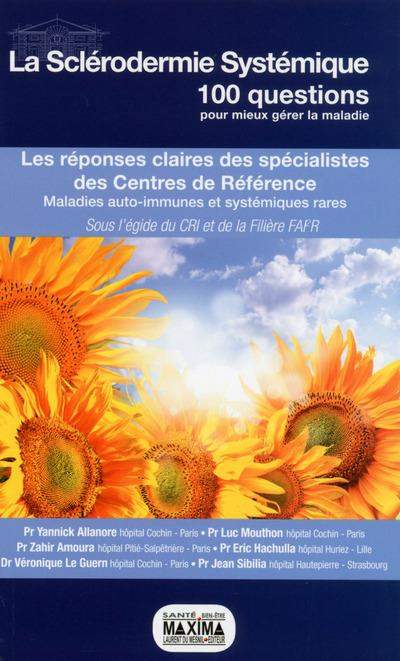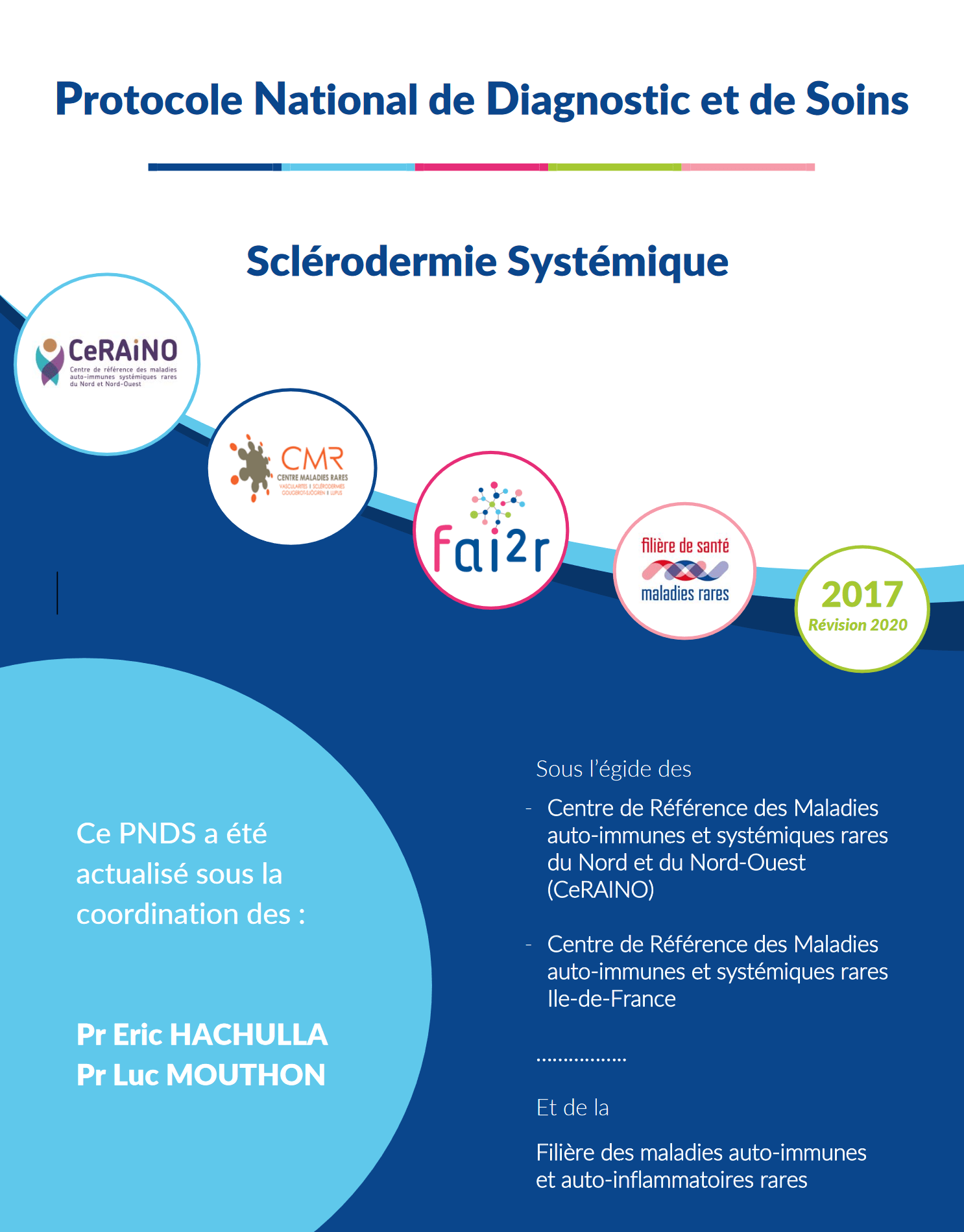Benjamin Terrier1,2, Hervé Gouya3, Agnès Dechartres4,5, Moncef Ben Arfi3, Alice Bérézne1, Alexis Régent1,2, Bertrand Dunogué1,2, Jonathan London1,2, Pascal Cohen1, Loïc Guillevin1,2, Claire Le Jeunne1,2, Paul Legmann3, Olivier Vignaux3, Luc Mouthon1,2
1Department of Internal Medicine, National Referral Center for Rare Systemic Autoimmune Diseases of Ile de France, Hôpital Cochin, Assistance Publique–Hôpitaux de Paris (AP–HP), Paris; 2Paris Descartes University, Sorbonne Paris Cité, Paris; 3 Department of Radiology, Hôpital Cochin, AP–HP, Paris, France.
Abstract
Background. Myocardial microscopic fibrosis (MF) may occur during systemic sclerosis (SSc) and lead to impaired myocardial contraction and/or arrhythmia. Cardiac magnetic resonance imaging (MRI) is used for the noninvasive characterization of myocardium. The aim of this study is to evaluate the impact of CMRI with diffusion-weighted imaging (DWI) andT1 mapping sequences to assess perfusion defect and myocardial MF, respectively.
Patients and methods. Single-center prospective study of 40 consecutive patients with SSc. CMRI with DWI and T1 mapping sequences were performed in all patients on a 3 T system.
Results. Myocardial MF (T1 >1250 ms) was found in 21 (53%) patients, and was associated with more frequent diffuse SSc, interstitial lung disease and antibodies associated with diffuse forms. T1 value significantly correlated with mRSS. Perfusion defect (f coefficient <0.5) was found in 10 (25%) patients, and was associated with myocardial MF. T1 value was inversely correlated with perfusion. Perfusion defect was associated with less frequent use of ACEi and vasodilators, and more frequent use of glucocorticoids. Myocardial MF was associated with a poorer cardiac event-free survival [HR 4.47 (1.27-15.8), P=0.02]. In contrast, no difference in the decline of left ventricular ejection fraction was noted in patients with myocardial MF.
Conclusion. This study shows the interest of CMRI with DWI and T1 mapping sequences in SSc to assess myocardial MF and perfusion defect. Myocardial MF was observed in patients with diffuse SSc and associated with perfusion defects, patients had more cardiac events during follow-up. Arterial vasodilators seemed to be beneficial on myocardial perfusion.





 Association des Sclérodermiques de France
Association des Sclérodermiques de France
















